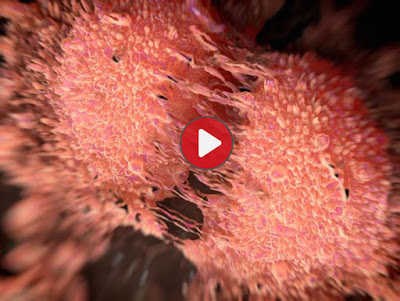The results of a phase 3 clinical trial are being hailed as a "breakthrough" in the treatment of type 1 diabetes, after finding that transplantation of islet cells - clusters of cells in the pancreas that contain insulin-producing cells - prevented potentially life-threatening reductions in blood sugar among patients with the disease.
Study co-author Dr. Xunrong Luo, associate professor of medicine and surgery at Northwestern University Feinberg School of Medicine in Chicago, IL, says the findings show that islet cell transplantation is a viable treatment option for type 1 diabetes patients who have severely low blood glucose levels, or hypoglycemia.
What is more, the team says the findings suggest islet cell transplantation could eliminate the need for lifelong insulin therapy for people with type 1 diabetes.
The researchers recently published their results in Diabetes Care - a journal of the American Diabetes Association.
Type 1 diabetes accounts for around 5% of all diabetes cases in the US. It occurs when beta cells within the islets of the pancreas are unable to produce insulin - the hormone that regulates blood glucose levels by promoting transportation of glucose from the bloodstream to other cells, where it is used for energy.
 |
The study suggests islet transplantation is effective for people with type 1 diabetes who have severely
low blood glucose levels. |



